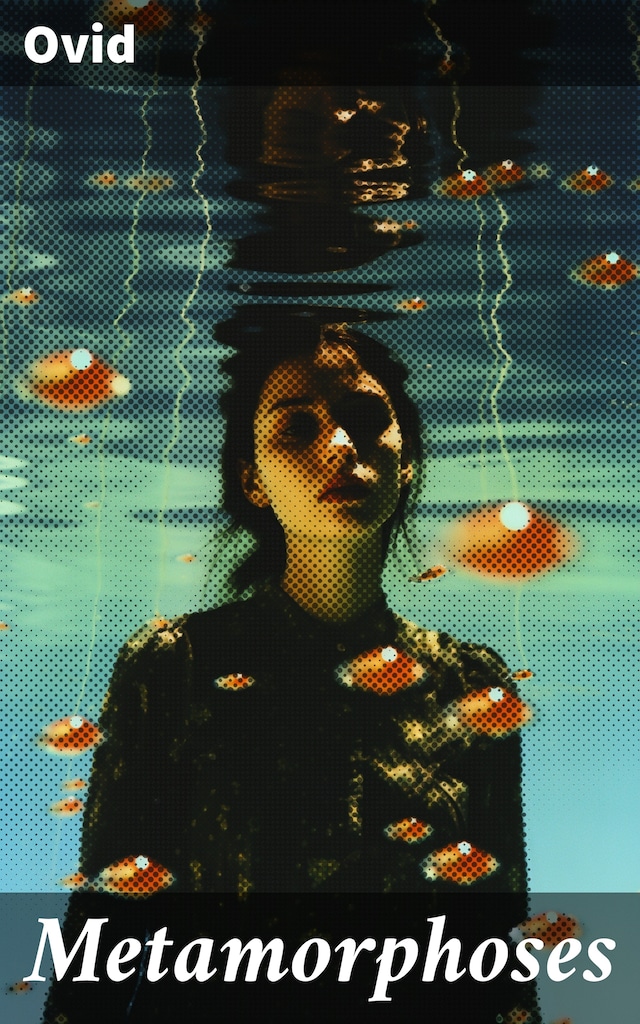Metamorphoses
Transformation Tales: Unveiling the Intertwined Worlds of Humans, Gods, and Nature
Tietoa kirjasta
In Ovid's "Metamorphoses," we encounter a masterful tapestry of mythological tales intricately woven into a single narrative that explores transformation in its myriad forms. Comprising fifteen books, this epic poem transcends mere storytelling, employing a rich blend of elegiac couplets and vivid imagery to illustrate the fluidity of identity and the omnipresence of change. Each transformation'Äîfrom the tragic metamorphosis of Daphne into laurel and Narcissus'Äô self-obsession to the fantastical tales of gods and mortals'Äîserves to interrogate themes of love, power, and the eternal human experience within the broader context of Roman literature and myth. Ovid's innovative structure single-handedly influenced subsequent literary traditions, merging classic mythology with a distinctly personal voice that resonates through the ages. Publius Ovidius Naso, known simply as Ovid, was a poet whose life and works mirrored the tumultuous transition of Rome from a Republic to an Empire. Born in 43 BCE, his education in rhetoric and poetry allowed him to capture the cultural zeitgeist and examine the human condition through an artistic lens. His exile to Tomis on the Black Sea in 8 CE, often attributed to political missteps or perhaps his controversial themes, intensified his exploration of transformation'Äîas he himself was transformed from a celebrated poet to an isolated figure. "Metamorphoses" invites readers to delve deep into the transformative power of narrative itself. Its captivating blend of allegory, myth, and human emotion not only entertains but also provokes critical reflection on our own identities. Scholars and enthusiasts of literature alike will find Ovid'Äôs work essential, as it transcends time and continues to inspire modern interpretations and adaptations across various art forms.
 Ovid
Ovid 872 Sivua
872 SivuaMetamorphoses ja yli miljoona muuta kirjaa
alkaen 7,99 €/kk
Täytä elämäsi tarinoilla
